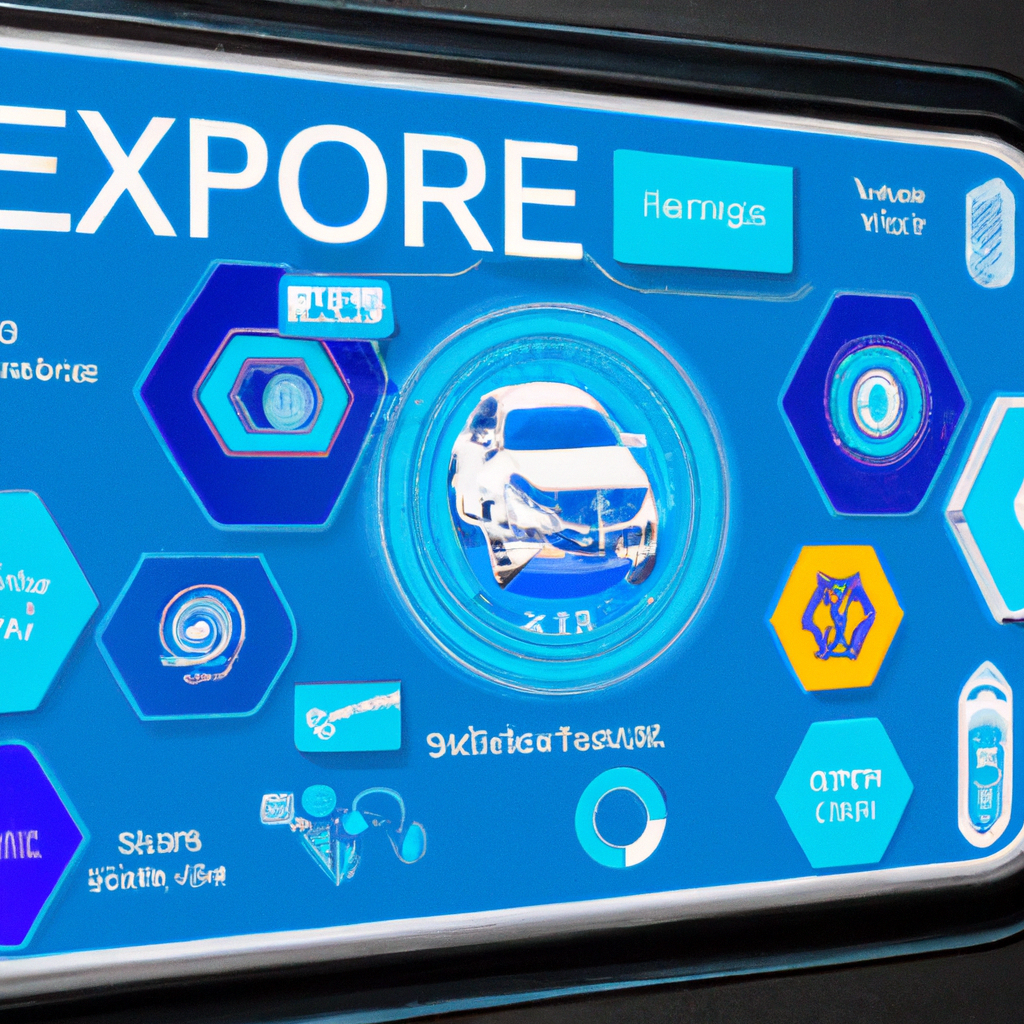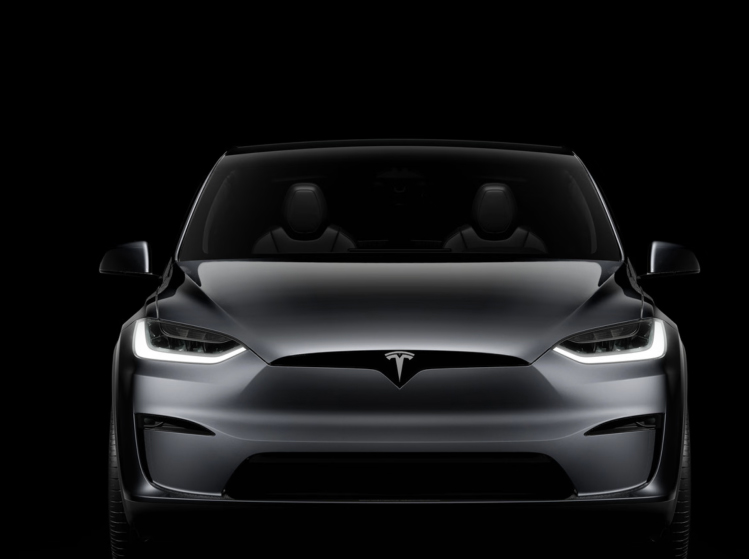How Technology is Transforming the Automotive Experience
Introduction to Modern Automotive Technologies
As we advance further into the 21st century, the integration of technology into the automotive sector is accelerating at an unprecedented rate. From autonomous driving capabilities to advanced infotainment systems, the modern car is becoming less a means of transportation and more a hub of connectivity, efficiency, and personalization.
The Role of Connectivity in Modern Vehicles
Connectivity is at the heart of the new automotive revolution. Vehicles today are equipped with a variety of communication technologies that enable them to connect to the internet, other cars, and even road infrastructure. This interconnectivity not only enhances the driving experience but also improves vehicle safety and efficiency.
- Vehicle-to-Everything (V2X) Communication: This technology allows cars to communicate with each other and with road infrastructure, enhancing road safety and traffic management.
- Cloud Services: Modern cars can access cloud services for real-time traffic updates, mapping data, and even software updates that can improve vehicle performance and functionality over time.
- Remote Services: Many vehicle functions can now be controlled remotely via smartphone apps, such as pre-heating or cooling the car, checking battery status on EVs, or even starting the engine.
Autonomous Driving: The Future is Here
One of the most groundbreaking advancements in automotive technology is the development of autonomous driving. Self-driving cars use a combination of sensors, cameras, and AI to navigate roads without human intervention. This revolutionary technology not only promises to reduce traffic accidents but also aims to make transportation more accessible and less stressful.
Companies like Tesla, Waymo, and others are at the forefront of developing these technologies, with numerous tests and pilot programs running across the globe to ensure safety and efficiency in autonomous operations.
Electrification of Vehicles
The shift towards electric vehicles (EVs) is another key aspect of technology's role in the automotive industry. EVs offer a cleaner, more sustainable alternative to traditional internal combustion engine vehicles. Advances in battery technology and power management are continually improving the range and performance of EVs, making them a viable option for more consumers.
Enhanced User Experience Through Advanced Interfaces
Technology has also transformed the user interface and experience in vehicles. Modern cars feature advanced dashboard displays, voice-activated controls, and personalized settings that can recognize drivers and adjust to their preferences. These features not only enhance the comfort and enjoyment of driving but also improve safety by reducing distractions and making controls more intuitive.
Challenges and Considerations
While the benefits of technology in automotive are immense, there are also significant challenges and considerations. Issues such as cybersecurity, data privacy, and the ethical implications of autonomous vehicles are increasingly coming to the forefront. Additionally, the industry faces regulatory and infrastructure challenges that must be addressed to fully realize the potential of these technologies.
Conclusion
The integration of technology into the automotive industry is transforming cars from simple vehicles into complex, connected, and autonomous machines. As these technologies continue to evolve, they promise to deliver safer, more efficient, and more enjoyable transportation experiences. However, it is crucial for industry stakeholders to navigate the challenges that come with such rapid technological advancement.
© 2023 TechAutoInsights. All rights reserved.





Comments (0)